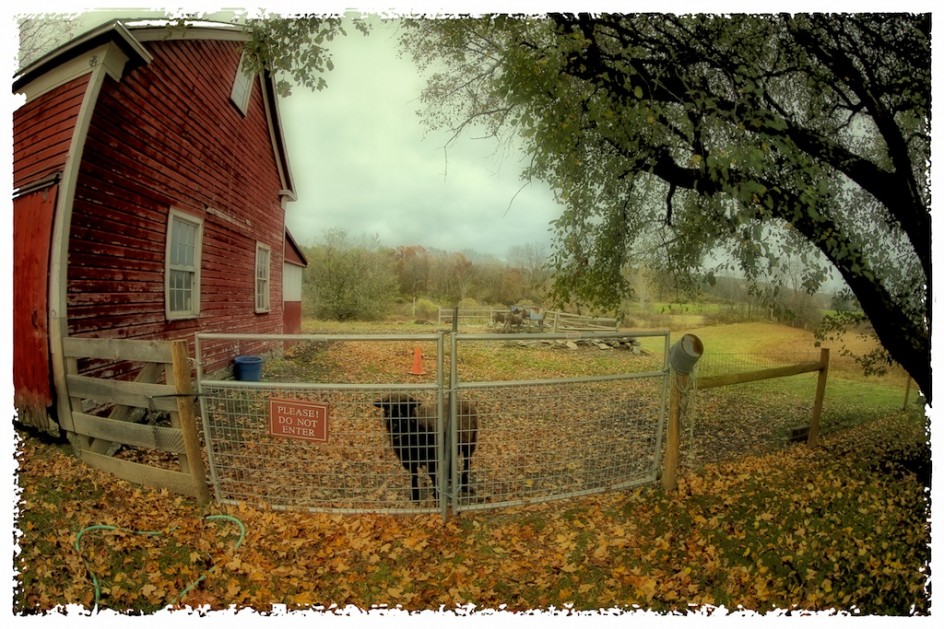
The wrenching drama over the New York Carriage Horses has reminded me of the great urgency in talking about the real life of real animals, especially those that are not pets. Were the mayor and the animal rights groups of New York City to get their way and banish the horses, a great wrong would be done, both to animals and people. In New York City, there are powerful, educated people who believe it is cruel for a working horse to pull a carriage.
“People and animals are supposed to be together,” wrote Temple Grandin in her best-sellilng book Animals In Translation. “We spent a great deal of time evolving together, and we used to be partners. Now people are cut off from animals unless they have a dog or a cat.” It would be tragic to destroy the way of life of the carriage drivers, cut the horses off from people forever, and send these safe and healthy animals out into the catastrophe afflicting horses all over America now. Rescue farms are overwhelmed trying to cope with horses in need, and more than 155,000 horses are sent to slaughter each year.
On my farm, I encounter the real life of animals almost every day. We are encountering it once more with Ma, our biggest and oldest sheep. Ma has had a wild life, she was rescued from a farm in Vermont, went unshorn for years, nearly died giving birth to twin lambs this summer, and now, seems bewildered and in a great transition. We believe she is deteriorating both mentally and physically, coming towards her end.
When I wonder how a sheep is, the first thing I do is watch the border collie, the greatest readers of sheep on the earth. Red has ceased trying to herd Ma, he walks right past her, and she seems not to see him. They both have disconnected from the ancient and intuitive process of sheepherding. To me, this is the sign that Ma is nearing her end, the border collies know it before any human or animal knows it. Red knows it, Ma no longer exists for him in his efficient and intuitive way. Her lamb Deb has moved away from her as well, and grazes most of the time with the other sheep. Flock animals always move away from the sick, they will attract predators.
Writing this, I will shortly be flooded with messages that begin “I know you don’t like advice, but…” and these messages will offer remedies, ideas and personal experiences. This ritual is familiar to me now. I have learned a long time ago never to listen to people who know what you want and ignore it. They are not my friends or the friends of animals. But I am always honest about my life with animals, the horses remind me how important it is. Ma is not a pet, she is not a dog or a cat, we are not calling the vet unless we see her visibly suffering. She is comfortable, eating, moving well. She is just no longer behaving like a sheep.
There is this idea in the world that every animal can be saved, healed, can live forever and that we must fight as hard as we can, spend every penny we have, commit our body and soul to changing the nature of life, to alter the real world of real animals, to deny the very reality of life and death. Ma does not need to be rescued from her life. I am committed to behaving otherwise. As long as Ma is not suffering, we will let nature take it’s natural course. Animals do not live in a “no-kill” world, they do not exist to make human beings feel better about themselves.
It might take weeks, months or years. Like Frieda, she will go up and down, and decide when and whether to leave the world. She will not get younger, she will not defy the terrible beauty that is the natural world of animals. That is the life of real animals, and I see writing about the horses that the very lives of animals depend on our coming to terms with it and understanding what it means.
